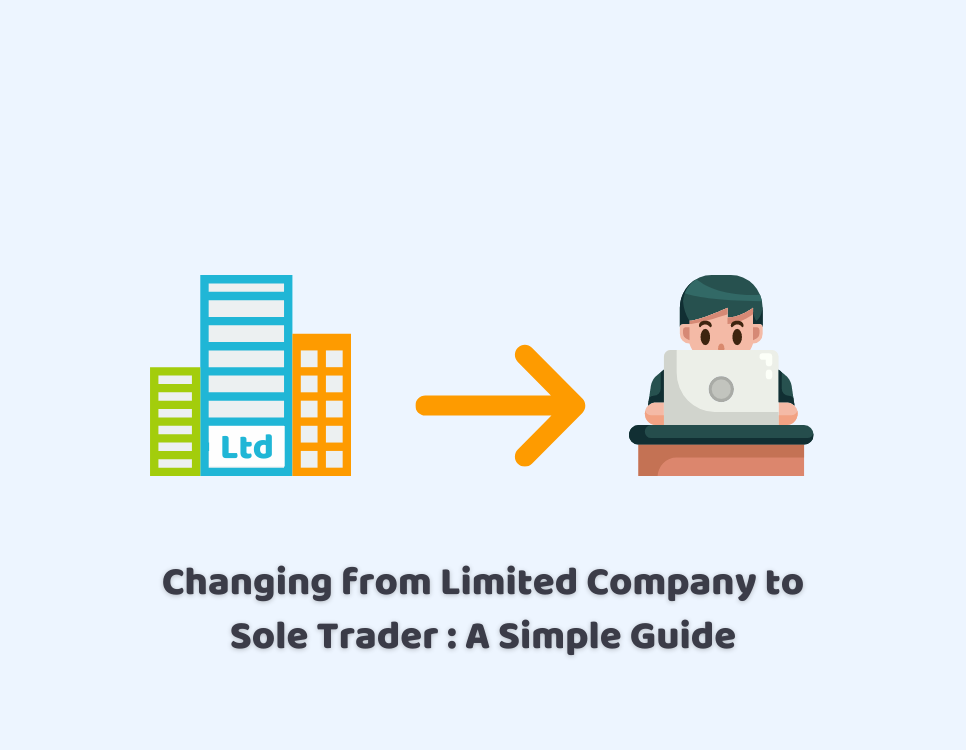16/07/2021Limited Company , Sole Trader
There are many reasons for changing from a limited company to a sole trader. The most common reason – we have seen these days – is the dropping turnover of limited companies due to the impacts of the COVID-19 pandemic. Company owners believe that sole proprietorship is a simple and convenient option to go for. …
Read more
